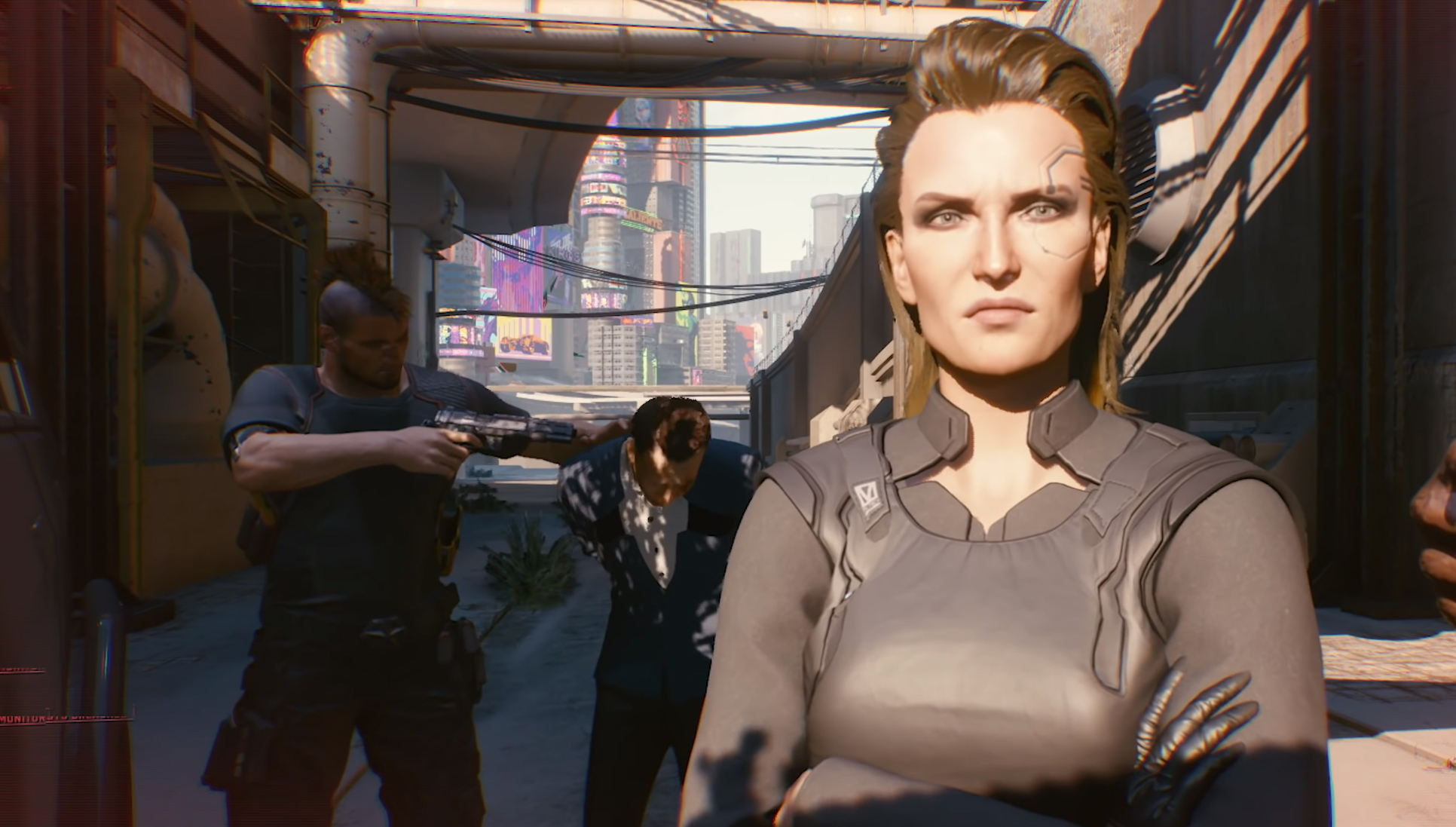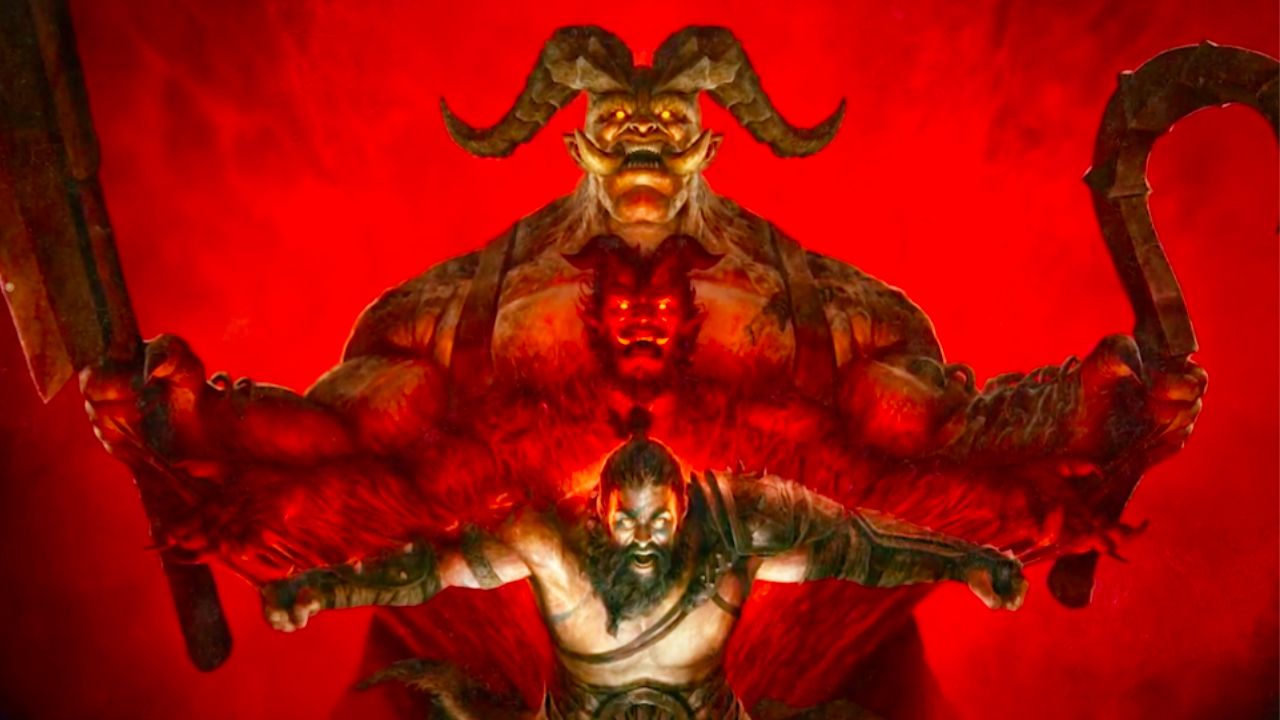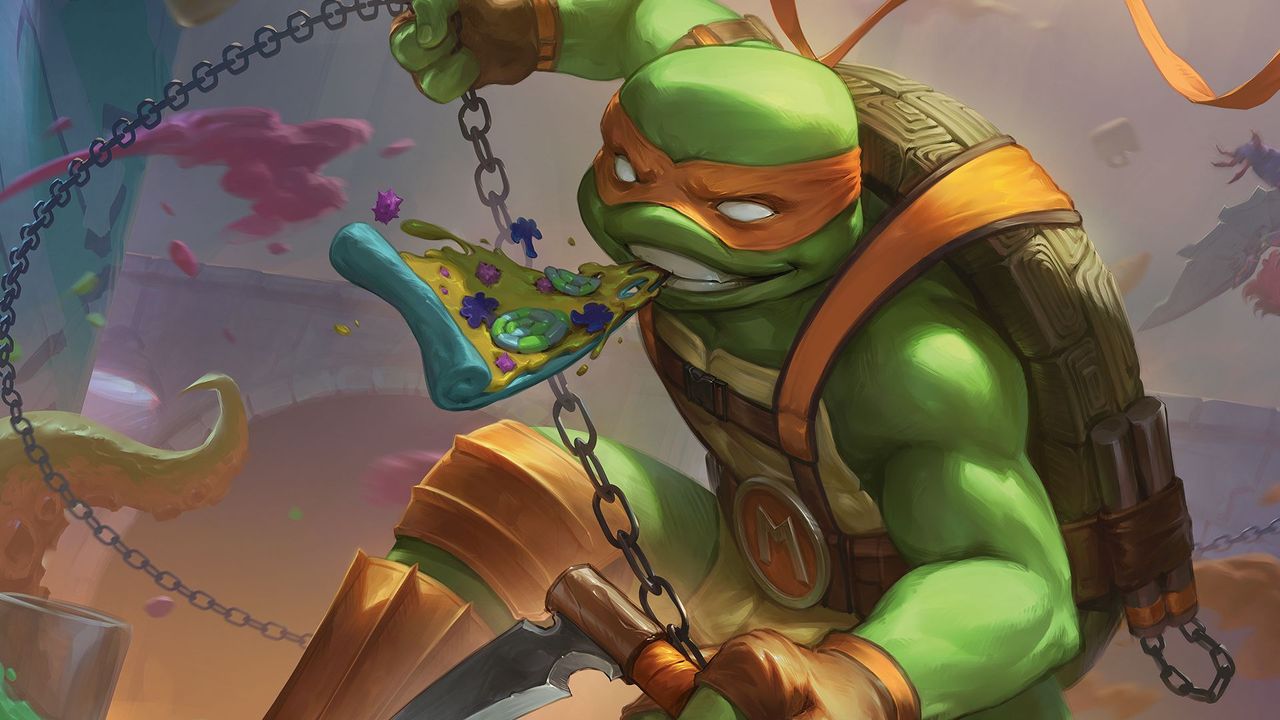It will surprise no one that CD Projekt has been thinking long and hard about how not to repeat the mistakes of Cyberpunk 2077 with its upcoming Witcher game, currently codenamed Project Polaris. Speaking to Eurogamer, joint CEO of CD Projekt Michał Nowakowski said part of that was being “smarter in how we want to announce and kick off marketing campaigns” in the future.
“To be honest,” he said, “when we were kicking off the marketing campaign officially with pre-orders, which was the Keanu on stage [moment, at E3 in June 2019], the plan was actually to launch roughly one year later. It just didn’t really work. So we didn’t really plan for like a two-year campaign, and I still think that one year would really be fine [in terms of] time for a promotional campaign of that game.”
While the company has said The Witcher 4 is now in full production, it won’t be revealing much more about it in a hurry, having learned to “announce the date when you’re like really, really sure of it. And now I think we have much better tools to be sure of that date, which we—on a smaller scale—proved to ourselves with Phantom Liberty.”
Cyberpunk 2077’s well-received expansion had a release date that allowed for six months’ worth of marketing. Nowakowski said that, “for a new game, we would still expect a slightly longer—but not two-year—lasting campaign”.
That said, CD Projekt won’t be completely silent on The Witcher 4 until its release date is announced. It just won’t be the full-on blitz of trailers and demonstrations we saw before Cyberpunk 2088. “Because the marketing campaign,” Nowakowski clarified, “slightly earlier before the launch of the game, that’s different than the actual, say, ‘mass attack’. Mass attack is when you announce the date, you start collecting the pre-orders and it really is that race from that point, that moment, to the moment you launch the game.”
So between now and whenever CD Projekt is ready to announce a release date for The Witcher 4, expect the occasional light dusting of promotion rather than a full-blown storm. As Nowakowski puts it, “we want to drop the crumbs here and there so that people—and the media as well—can, you know, pick up on it and try to figure out what it is we’re trying to say this time.”











